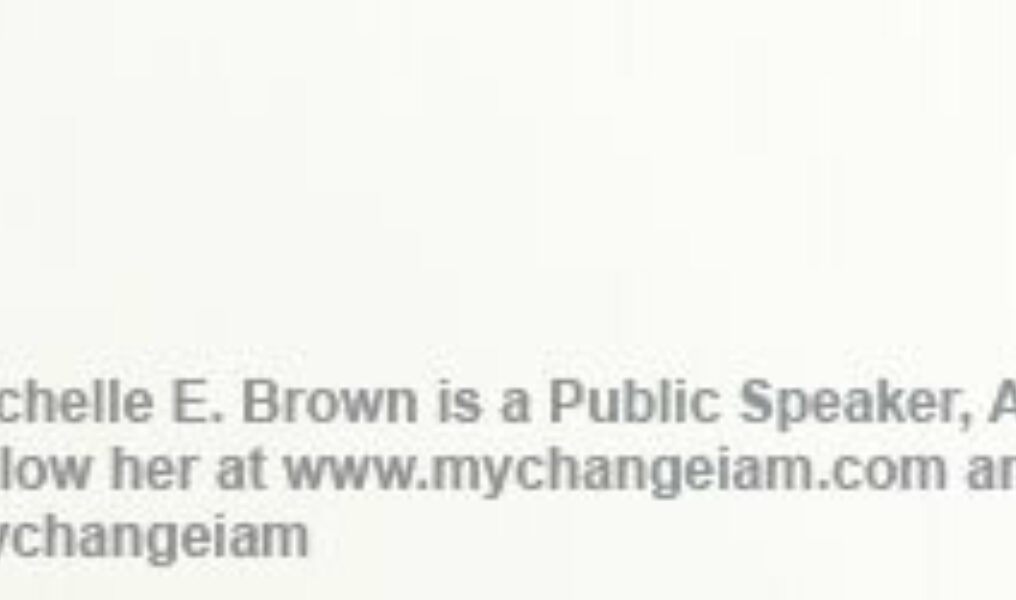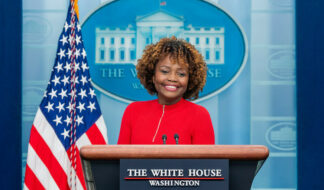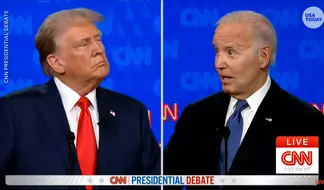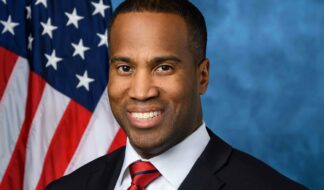
Viewpoint
Whether you participated in the historic March on Washington in 1963, weren't even a twinkle in your parents eyes or fall some where in between, it behooves each of us – black, white, brown, young, old, gay and straight to take a moment as we celebrate this 50th anniversary to not only reflect upon where we have come as a nation but engage in real, heartfelt, even difficult conversations on the task before us to finish the work of those 250,000 Americans who descended on Washington DC August 28, 1963.
Although this March holds special significance for the African American community and its struggle for civil rights (a struggle that continues), it holds an even greater significance in the evolution of the nation founded on the premise that "all men are created equal."
The evolutionary struggle of this country to become a more perfect union, to expand upon the founding fathers' literal interpretation of "men" to be more diverse and inclusive of all Americans, began before the ink was even dry on the "Declaration of Independence." For women, immigrants, the poor, people of color and African Americans the path to equality was and is not easy.
The 1963 March on Washington for Jobs and Freedom was organized by civil rights, labor, and religious organizations for civil and economic rights for African Americans. Approximately 75-80% of the participants were African Americans. The rest represented a cross-section of America who marched for freedom and heard Dr. King's message of racial harmony and equality.
The march is widely credited with helping to pass the Civil Rights Act (1964) and the Voting Rights Act (1965). Legislation that until recently have provided a gateway and protections to millions of Americans.
Dr. King's words called upon those 250,000 marchers, the nation and generations today, as individuals and a nation, to rise up and live out the true meaning of the promise of America.
Yes, we've come a long way. You can find African Americans, women, people of color, and LGBT Americans in places and positions that 50 years ago would have been unthought-of and certainly unheard of. The roll call of change is lengthy but one name sums it up – President Barack Obama.
And it's not just in the African American community, women have "come a long way baby" with power houses like Meg Whitman, Marissa Mayer, Ingrid Saunders Jones and of course the goddess of all things media Oprah Winfrey.
The LGBT community is taking it's place with more and more private individuals making it public (code for coming out) each day. And at long last Bayard Rustin, civil rights activist, chief organizer of the March on Washington for Jobs and Freedom and gay activist received his long overdue recognition in August 2013 when President Barack Obama posthumously awarded Rustin the Presidential Medal of Freedom.
President Obama also announced that Astronaut Sally Ride would receive the Presidential Medal of Freedom.
Yes we've come a long way, but there is still a long way to go. Because as Dr. King said, "When the architects of our republic wrote the magnificent words of the Constitution and the Declaration of Independence, they were signing a promissory note to which every American was to fall heir. This note was a promise that all men (of us)….would be guaranteed the unalienable rights of life, liberty and the pursuit of happiness."
With women still lacking wage parity with their male counterparts; with more African Americans/POC incarcerated than in college; with the disproportionate distribution of wealth to an elite few while more and more families slip into poverty; with LGBT employees living under the threat of losing their jobs just because they're gay; with women's reproductive rights under attack; with LGBT families lacking legal protections of every other family; with voters disenfranchised/disempowered and with our youth under attack physically, economically and politically, it is safe to say that America is still giving, as Dr. King said, "people a bad check, a check which has come back marked 'insufficient funds.'"
In 1963, Robert Avery was fifteen. With a friend he hitch- hiked from Gadsden, Alabama to Washington ,DC. He was interviewed and seen briefly in the documentary "The March." As part of NPR's "Race Card Project" Avery was asked to share six words about the progress made since the March on Washington. Avery is on the city council of Gadsden and might be seen as symbolic of the progress since 1963, but his words speak the greater truth. His six words "Not far, long way to go."
This August 28, 2013 in Washington, DC or wherever you find yourself, be you black, white, brown, young, old, LGBT, straight, it's time we come together and cash that check, to make good on that promissory note. We do this by not only calling on/out our elected officials but by engaging in those real, heartfelt, even difficult conversations then finishing the work by being the change we want to see.










